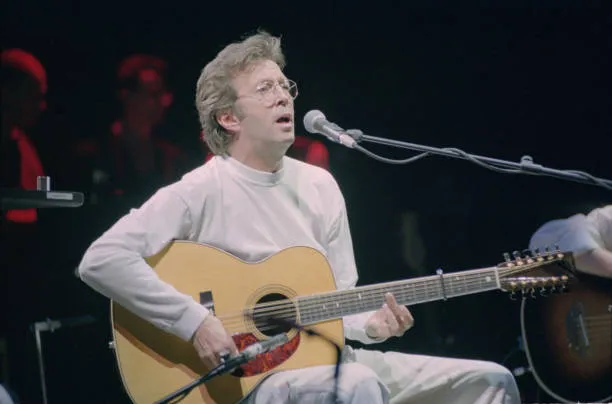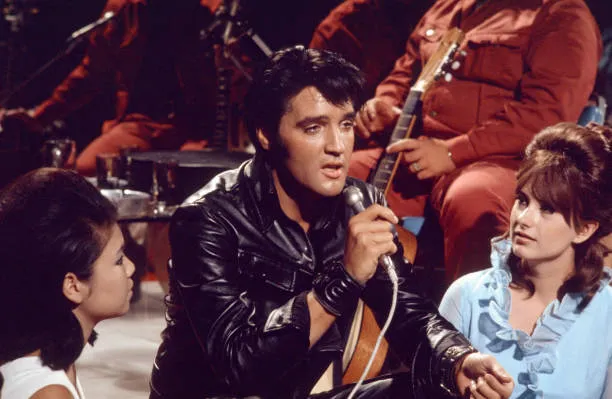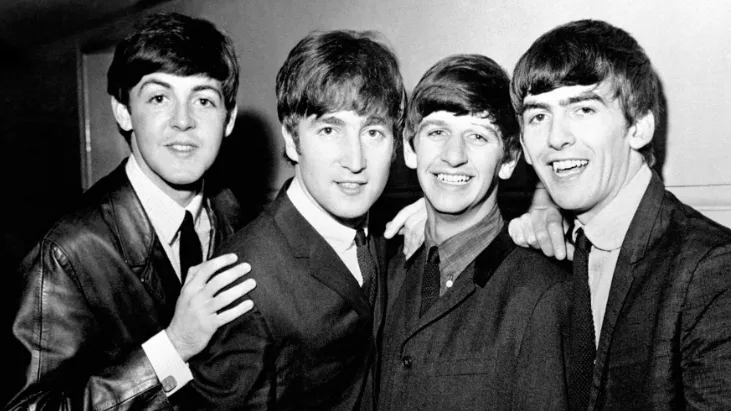Rod Stewart, with his distinctive raspy voice and charismatic stage presence, has been a defining figure in British rock and pop music for over five decades. His influence extends far beyond his chart-topping hits, shaping the sound and style of multiple generations of musicians.
Early Impact with The Faces

Stewart's journey to stardom began in the late 1960s with The Faces, where he honed his rock credentials. The band's raw, energetic sound and Stewart's gritty vocals influenced countless British rock bands that followed. Groups like Oasis and The Libertines have cited The Faces as a major inspiration, particularly for their raucous, pub-rock style.
Pioneering the Singer-Songwriter Movement

As Stewart transitioned to a solo career, he became a pioneer of the singer-songwriter movement in the UK. His ability to blend rock, folk, and pop elements in songs like "Maggie May" opened new avenues for British artists. This approach influenced a diverse range of musicians, from David Bowie to more contemporary artists like Ed Sheeran.
Vocal Stylings
Stewart's distinctive voice became a blueprint for many aspiring rock singers. His raspy tone and emotive delivery inspired vocalists across genres. Artists like Paul Rodgers, Joe Cocker, and even younger singers like James Arthur have all shown traces of Stewart's vocal influence in their work.
Crossing Genre Boundaries
Throughout his career, Stewart has effortlessly crossed genre boundaries, from rock to disco, and later to standards. This versatility encouraged other British artists to experiment with different styles. His successful forays into disco with songs like "Da Ya Think I'm Sexy?" paved the way for rock artists to explore dance music, influencing bands like Duran Duran and Culture Club.

Storytelling in Songwriting
Stewart's talent for storytelling in his lyrics has been particularly influential. Songs like "The Killing of Georgie" tackled social issues rarely addressed in pop music at the time. This narrative style in songwriting can be seen in the work of later British artists like Arctic Monkeys and Adele.
Fashion and Image
Beyond music, Stewart's flamboyant fashion sense and iconic hairstyle became a significant part of British rock culture. His influence on rock fashion can be seen in subsequent decades, from the glam rock era to the Britpop movement of the 1990s.

Longevity and Reinvention
Stewart's ability to reinvent himself over the decades has set a precedent for career longevity in the often fickle world of pop music. His successful adaptation to changing musical trends, from new wave in the 1980s to his Great American Songbook series in the 2000s, has shown British artists how to evolve while maintaining their core appeal.
Influence on Modern British Pop
Even in contemporary British pop, Stewart's influence can be felt. Artists like Sam Smith and George Ezra have drawn comparisons to Stewart for their soulful voices and pop-rock crossover appeal. The blend of vulnerability and bravado in Stewart's performances continues to inspire new generations of British singers.

Legacy in British Music
Rod Stewart's impact on British rock and pop music is immeasurable. From his early days with The Faces to his enduring solo career, he has shaped the sound, style, and attitude of British popular music. His success has inspired countless artists to pursue their unique voices and has shown that it's possible to achieve both critical acclaim and commercial success while staying true to one's artistic vision.
As new genres and styles emerge in British music, the echoes of Rod Stewart's influence continue to resonate, cementing his place as not just a performer, but a pivotal figure in the evolution of British rock and pop.




